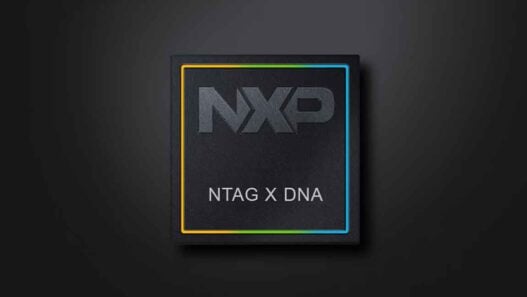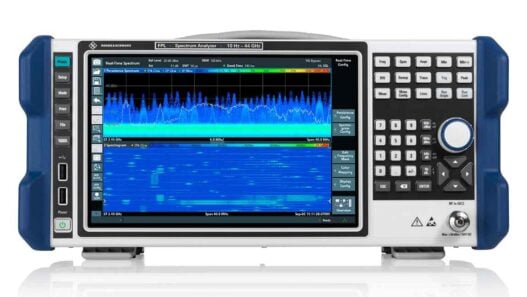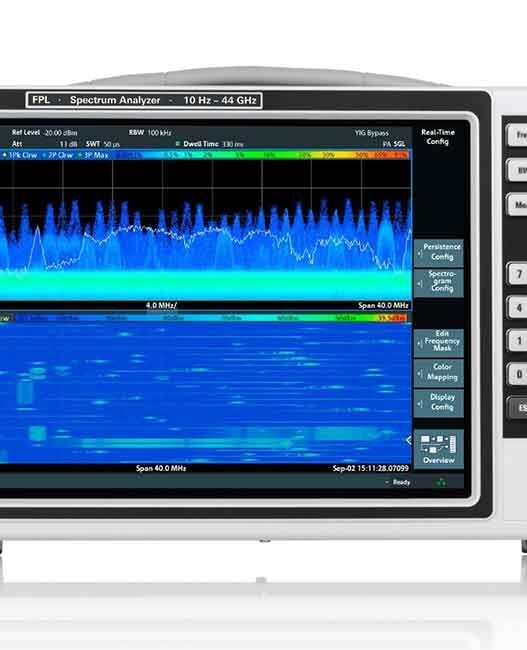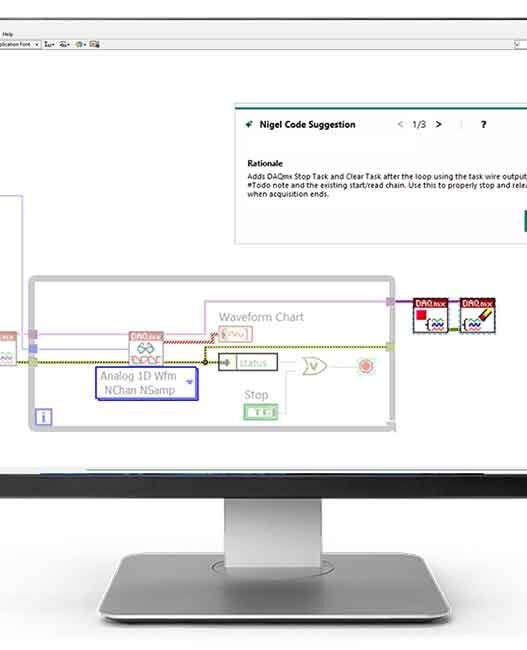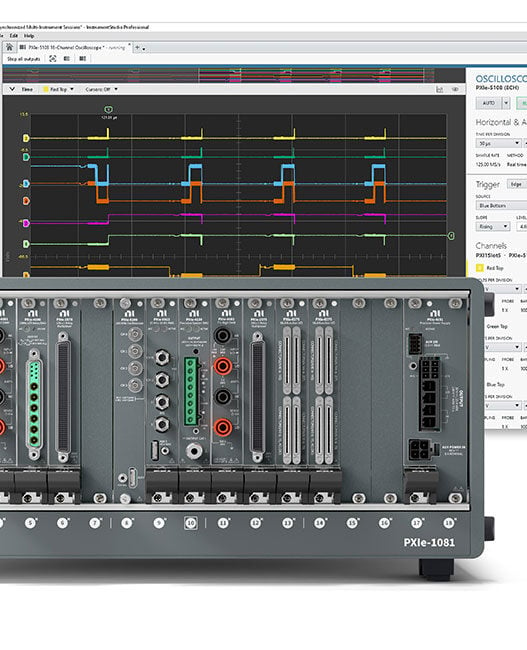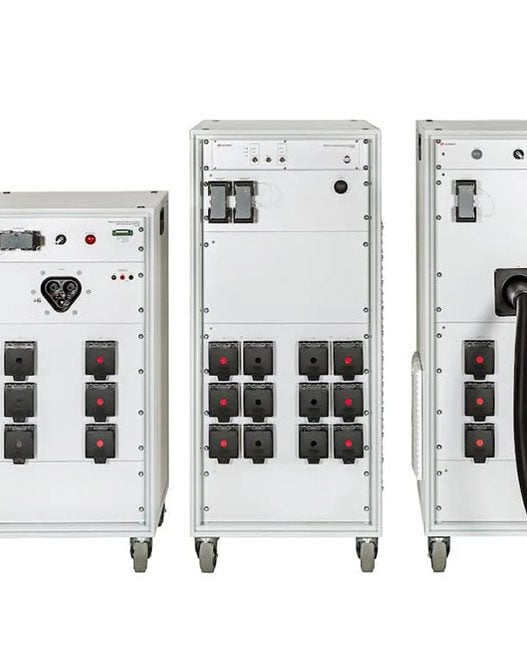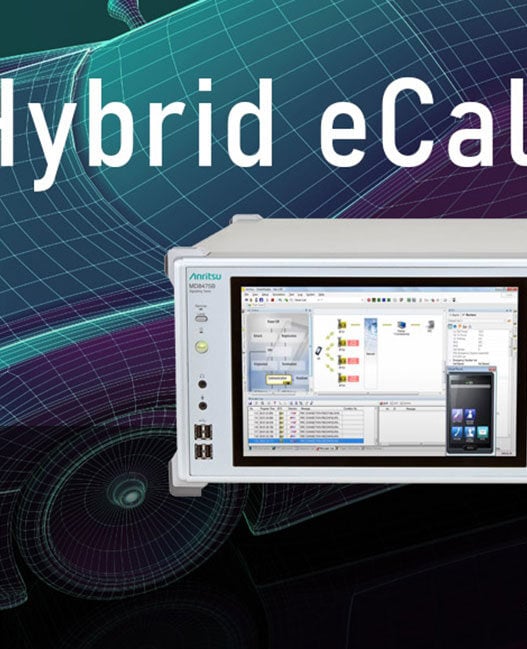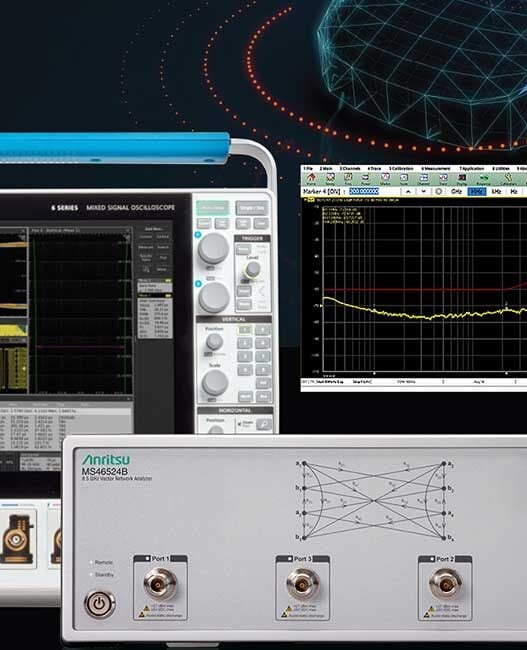It is capable of delivering accurate measurements on the magnitude or phase of network scattering parameters – known as S‑parameters. Supporting a typical dynamic range of 120dB, it presents users with a maximum bandwidth of 300kHz.
Furthermore, it can deliver a power sweep spanning up to 48dB. A 12.1-inch touch-enabled display facilities trouble-free, intuitive operation based on the Windows 7 operating system. Through this it is straight forward to handle multiple traces simultaneously.
The network analyser offers mid-level performance at a lower price. It has the same look and feel as the R&SZNB series, thereby allowing almost seamless transition and code compatibility. There is scope to upgrade, so that test engineers are in a position to add extra elements as and when this is mandated by means of a software keycode.
The standard unit can address unidirectional (S11 and S21) S-parameters across a frequency range from 100kHz to 4.5GHz. Upgraded units are able to perform bidirectional measurements (covering S11, S12, S21 and S22) up to frequencies reaching 8.5GHz. The ZND units can also be controlled via LAN or GPIB interfaces, in order that measurements can be configured and test results viewed remotely. Results can be easily saved onto a USB memory stick for offline analysis.
“On production lines, it is vital that RF testing can be carried out with a high degree of accuracy and in the shortest time possible, otherwise there are likely to be crippling cost penalties to contend with,” explains Mike Mchale, UK Sales Director at Livingston. “Thanks to the R&S®ZND’s simple to use human-machine interface, high throughput can be maintained and the chances of errors being made are reduced to almost zero. By sourcing this equipment on a rental basis, engineers can not only benefit from the well-defined upgrade path of this product, but can also lower or raise the number of units they have in operation to better fit their production output, as well as having provision for new wireless standards as they emerge.”



